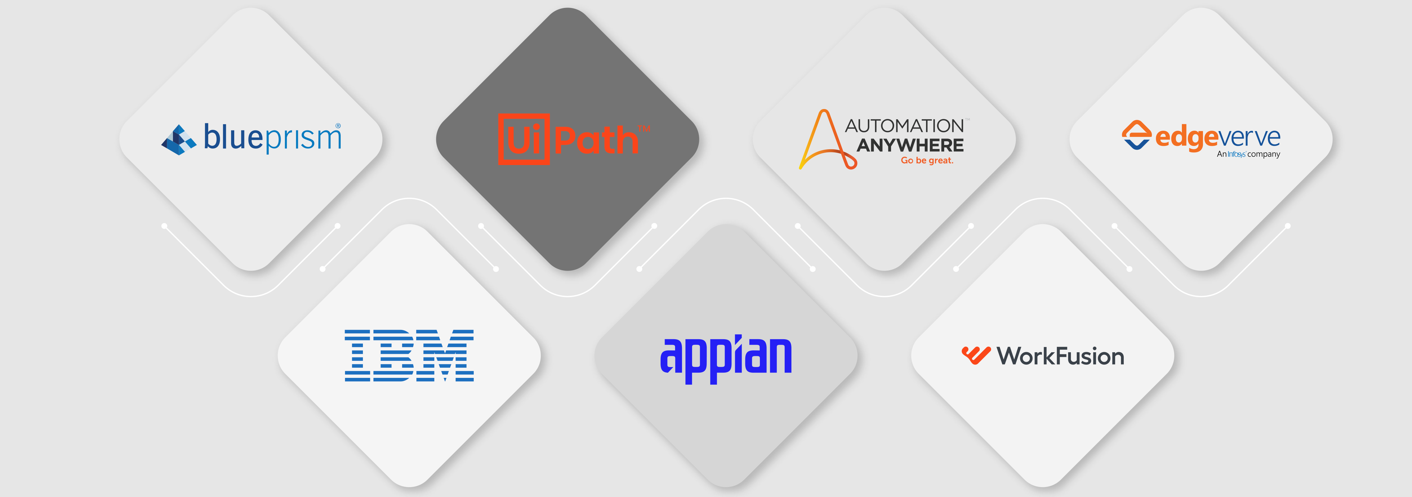DataScava and RPA: Precision for Automation
RPA is only as good as its inputs. Automation workflows depend on accurate, context-aware data to make decisions, trigger actions, and deliver a seamless customer experience. Without high-quality unstructured text data, even the most advanced RPA systems fall short.
DataScava is an advanced unstructured text mining solution that precisely pinpoints high-quality data with user-controlled business and domain language. It evolved from TalentBrowser, where we patented deterministic methods to structure, measure, filter, and curate nonlinear content — without requiring training data or manual labeling.
By enabling you to harness your expertise — working standalone or with your RPA stack — DataScava helps you:
- Supply precise, explainable inputs that make automations smarter and more reliable
- Capture and process multiple intents from unstructured text to trigger the right actions
- Stay in control with rules, thresholds, and taxonomies you define — ensuring transparency at scale
How It Works
DataScava applies three complementary methodologies that focus on your business language and expertise, not generic language models:
DSIndex | Domain-Specific Language Processing (DSLP)
- Structures and measures user-defined key terms exactly — with no disambiguation
- Generates structured file-level metadata, including corpus-relative percentile rankings, for efficient retrieval and downstream use
- Outputs metadata for use in other solutions and BI tools (Qlik, Tableau, etc.) for visualization and analysis
- Reprocesses automatically when vocabularies are refined in DSTopics or thresholds are adjusted in DSMatch
- Tailors outcomes to your business and domain language instead of generic models
DSTopics | Tailored Topics Taxonomies (TTT)
- Import, build, or select vocabularies and data types that reflect your business and subject matter expertise
- Define and weight domain language for accurate results and continuously refine to adapt to changing needs
- Add, delete, and edit terms on the fly; DSIndex reprocesses and rematches files instantly
- Use taxonomies across multiple domains and contexts to scale without duplication
- I.E., “Covid-19” topic is in a medical taxonomy but not IT. Investment banking topic has “Derivatives,” retail banking has “Checking Accounts”
DSMatch | Weighted Topic Scoring (WTS)
- Categorizes and prioritizes files using user-defined Weighted Topic Score thresholds across must-have, NOT, and nice-to-have Topics
- Refines results through multi-level ranking, filtering, sorting, and routing across matches and topics
- Highlights weighted terms in topic color and displays dual bar charts for full transparency and validation, making gaps and matches obvious
- Continuously processes new files so they are auto-classified and matched
- Ensures prioritized outcomes that reflect your rules and defined thresholds
Together, they form a patented approach we call “Profile Matching of Unstructured Documents” — modeled after a contour profile gauge carpentry tool, because DataScava measures language based on your priorities.
Prebuilt Editable Taxonomies
Jump-start your projects with ready-to-use taxonomies for Financial, IT, and TA domains — fully customizable and expandable. Select, edit, or build on them to reflect your unique expertise.
The DataScava Difference
- Less time, more accuracy – Filters and categorizes automatically, so experts can focus on real business problems instead of tedious labeling
- Precision at scale – Produces explainable, numeric results you can trust across industries and contexts
- Transparency over black-box AI – See and audit exactly why a file matched, with visual highlights and numeric thresholds
- Handles messy data – Irrelevant documents are filtered out automatically
- Scalable and domain-specific – Refine vocabularies, taxonomies, and scoring to meet evolving business needs
- Human in Command – You remain in control, with automation working alongside your expertise.
- Deterministic by design – Unlike NLP/NLU, it doesn’t infer meaning; it measures what you define and presents data in transparent, actionable context
Hear It From an Expert
Customers expect automation to feel personal. That’s why we asked Scott Spangler—former IBM Watson Health researcher, Chief Data Scientist, and author of the book Mining the Talk: Unlocking the Businesss Value in Unstructured Information—to share his perspective on what it takes for RPA to deliver consistently.
In his article “Consistent High-Quality RPA Requires Deep Customer Understanding, Scott explains the shortcomings of pure ML/NLP approaches to RPA and why DataScava’s patented methodologies are essential for true personalization.
Key points he raises:
- The difference between “knowing” and “understanding” in RPA.
- The drawbacks of a machine-only approach.
- The need for classification, characterization, and customization of customer data.
- How DataScava encodes in-house expertise to close these gaps.
Here’s an excerpt:
“Customers love being understood. It’s just human nature to want to be seen as a unique individual by those we interact with. Therefore, good RPA systems have to work by first understanding the customer’s needs (all of them!), being aware of what the customer doesn’t need, what the customer prioritizes, and only then suggest a course of action (or maybe several, or none).
The DataScava approach enables this level of deep understanding. Multiple customer intents within text can be determined based on a detailed analysis of the unstructured text. Business rules that encode the Boolean logic of the solution space combined with Weighted Topic Scoring can be designed to apply the right solutions to the right situation. This includes the ability to encode rules of form X AND Y BUT NOT Z, as well as to assign different levels of importance to each topic. This precise level of characterization is what’s required to make each customer feel heard and understood.”
Unlock the full potential of RPA with DataScava—delivering precision, personalization, and actionable insights.

